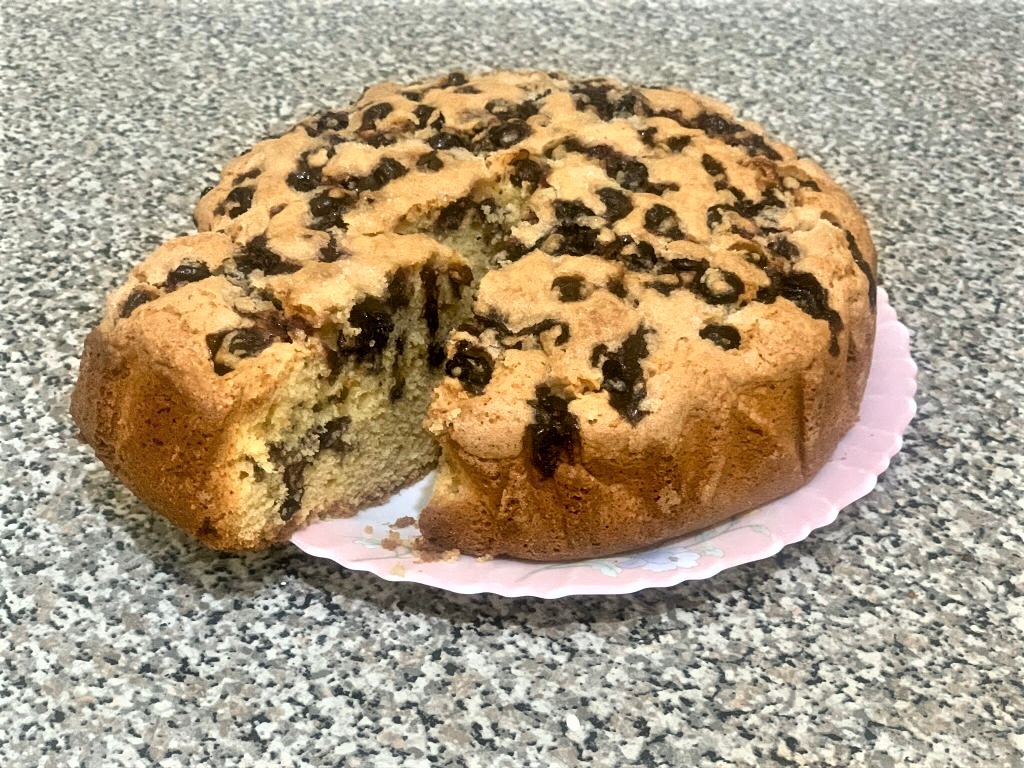Fruit cake, a timeless classic, is known for its rich texture and sweet, fruity flavor. Its perfect blend of dried fruits, nuts, and often, a hint of alcohol, makes this cake a treat for all seasons. Whether it’s a festive celebration or a casual tea party, a well-made fruit cake can light up the occasion. What’s even more exciting is that it’s quite simple to make at home. But before we explore more about making fruit cake, let’s delve a bit into its fascinating history.
A Slice of History
Fruit cake dates back to ancient Rome, where it was made with pomegranate seeds, pine nuts, and barley mash. It was considered a form of sustenance that would provide strength and vitality. Over the centuries, the recipe evolved significantly. By the Middle Ages, it was common to include preserved fruits, spices, and honey in the recipe. These additions helped to enhance the flavor and extend the shelf-life of the cake.
The fruit cake we know today gained popularity in Europe during the 16th century when sugar from the American Colonies became widely available. Sugar led to the increased production and preservation of fruits, which in turn, resulted in the creation of the rich, dense cake we love.
A World of Varieties
Fruit cake is not a ‘one size fits all’ kind of dessert. It has different variations worldwide, each with a unique twist that reflects local flavors and traditions.
Britain’s Christmas cake, for instance, is a dark, dense fruit cake with a generous addition of alcohol. The cake is made weeks in advance and ‘fed’ regularly with alcohol to enhance its flavor and keep it moist.
Germany’s Stollen, a traditional Christmas fruit cake, is a lighter, bread-like cake filled with dried fruit, nuts, and spices, and often dusted with powdered sugar.
Italy’s Panettone, a sweet bread loaf originally from Milan, is enjoyed during Christmas and New Year. It has a distinctive dome shape and is light and fluffy with candied fruits and raisins.
The Black Cake, a Caribbean holiday cake, is known for its dark color which results from the use of burnt sugar. The cake is soaked in rum and is incredibly moist and flavorful.
Ingredients for an Easy Homemade Fruit Cake
Making a fruit cake at home is a fun and rewarding experience. You can experiment with different types of dried fruits and nuts, creating a unique flavor profile. Here are the basic ingredients you may want to experiment with:
- Chopped nuts: Adds a nice crunch and texture to the cake.
- Dried mixed fruit: The star ingredient, providing sweetness and flavor.
- Sugar: For sweetness. You can adjust the quantity
- Vanilla extract: For flavor.
- Salt: It enhances the flavors of the other ingredients.
- Ground cinnamon: For a warm, spicy note.
- Brandy: Adds a depth of flavor. You can also use rum or skip the alcohol altogether.
A World of Flavor in Every Bite
There’s something incredibly satisfying about making your own fruit cake. The process of selecting your favorite fruits and nuts, the anticipation as the cake bakes and fills your kitchen with a warm, spicy aroma, and finally, the delight of biting into a slice of homemade fruit cake – it’s a joy like no other. So why not give it a go? You might just discover your new favorite cake!
Easy Fruit Cake
This is the easiest fruit cake I know. Even child can prepare it! And it tastes just great. All my family loves it. Try this recipe once and you'll always use it, I guarantee it!
Ingredients
Instructions
-
Preheat oven to 160C
-
Grease baking tray and sprinkle bread crumbs on it or use baking paper
-
Combine all ingredients but fruits and mix well. Use about 150g of sugar, leave the rest for later.
-
Pour mixture to the baking tray and add fruits on top of it. Push fruits slightly into the dough. If you use fruits with skin like apples, make sure you place it skin down.
-
Sprinkle everything with remaining sugar.
-
Bake for about an hour until toothpick comes out clean (try it on a piece of cake without fruit on top of it).
Nutrition Facts
Servings 8
- Amount Per Serving
- Calories 330kcal
- % Daily Value *
- Total Fat 2.9g5%
- Saturated Fat 0.9g5%
- Cholesterol 83mg28%
- Sodium 33mg2%
- Potassium 81mg3%
- Total Carbohydrate 69.4g24%
- Dietary Fiber 1.3g6%
- Sugars 33.7g
- Protein 7.7g16%
- Calcium 2 mg
- Iron 14 mg
- Vitamin D 39 IU
* Percent Daily Values are based on a 2,000 calorie diet. Your daily value may be higher or lower depending on your calorie needs.


Leave a Reply